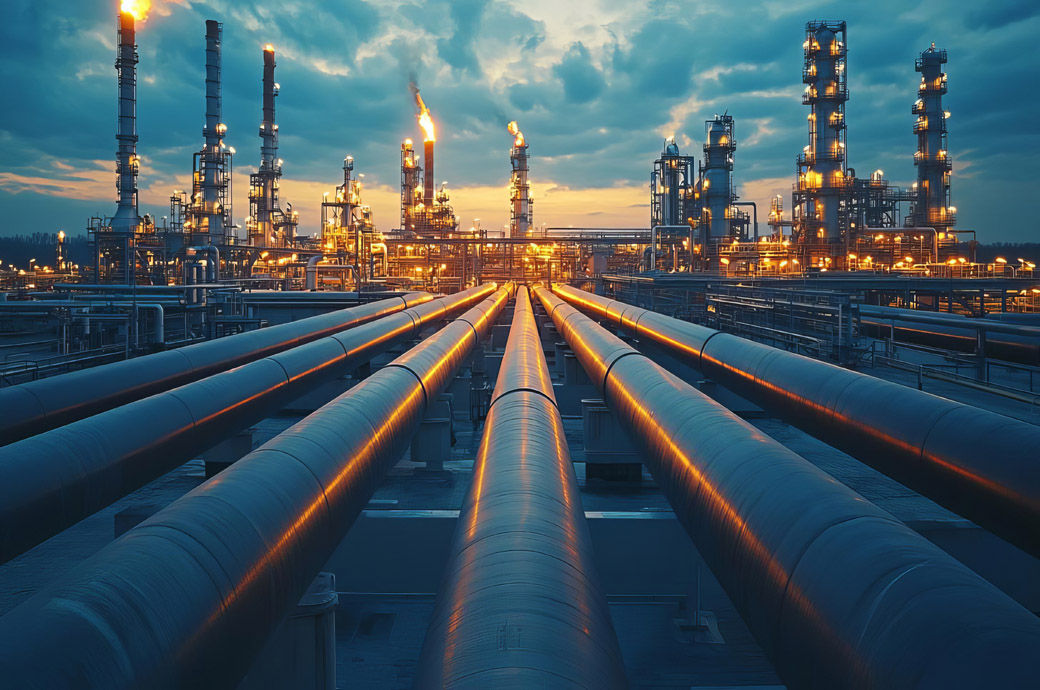
Certain speculative-grade rated refiners with a concentration in the US Midwest could see credit ratios and liquidity deteriorate if tariffs remain in place over a long period, it noted.
Even the lingering uncertainty around US trade policy could derail any new pipeline expansions or new construction of crude oil pipelines crossing the border.
Reduced profitability could lead to reduced utilisation at some Midcontinent refineries, further driving up prices at the pump for consumers.
The United States imports approximately 4 million barrels per day (bpd) of crude from Canada, and more recently has imported less than 500,000 bpd from Mexico. The main crudes imported from Canada is Western Canada Select (WCS) and Maya from Mexico, which are both considered heavy sour barrels.
Only certain refineries are configured to process heavy oil because it requires additional, more expensive, processing to produce high-value refined products.
WCS and Maya are similar in quality and cannot be easily replaced by US crude oil. California crude oil production is not sufficient to replace these barrels.
It is unlikely the United States would replace these crudes with Venezuelan Merey crude given the amount of production coming from Venezuela. Furthermore, it would be difficult to use Arab heavy crude for the landlocked refiners without waterborne access, S&P Global said in a release.
Refiners located on the coasts have the flexibility to replace these barrels with other crudes. Mexican crudes are typically imported by waterborne means so we believe they're more likely to be replaced with barrels from other countries.
Although industry margins were weaker than expected last year, S&P Global Ratings believes most refiners are well positioned from liquidity and leverage perspective to handle an uptick in operating costs should operating costs increase.
For investment-grade merchant refiners, it thinks the overall impact to credit quality will be neutral given the diversity of their assets, some of which benefit from stable midstream operations and low leverage.
If prices at the pump go up, refiners that can easily swap Canadian- and Mexican-sourced barrels may capture higher margin if they were not paying the tariff.
Certain refined product pipelines that originate in the Gulf Coast region would likely benefit from strong utilization, while Midcontinent refiners would likely consider asset rationalisation due to higher costs.
New crude oil pipelines are unlikely to be built to supply Midcontinent refiners with alternative crude oil, leaving management teams with the decision of considering whether to continue to invest in the existing asset base or not.
ALCHEMPro News Desk (DS)
Receive daily prices and market insights straight to your inbox. Subscribe to AlchemPro Weekly!